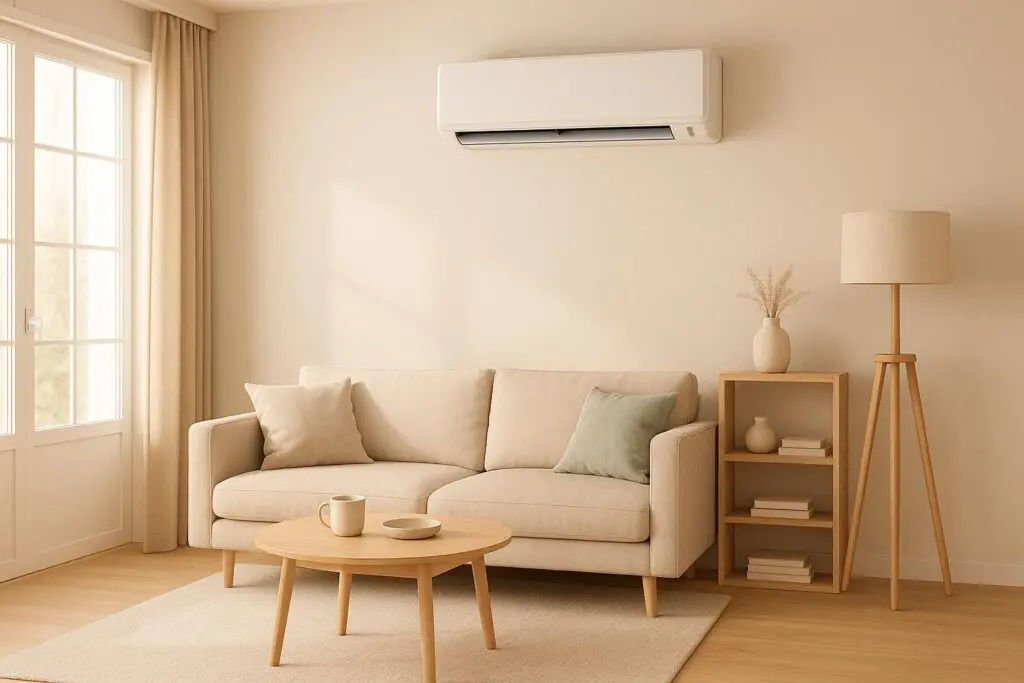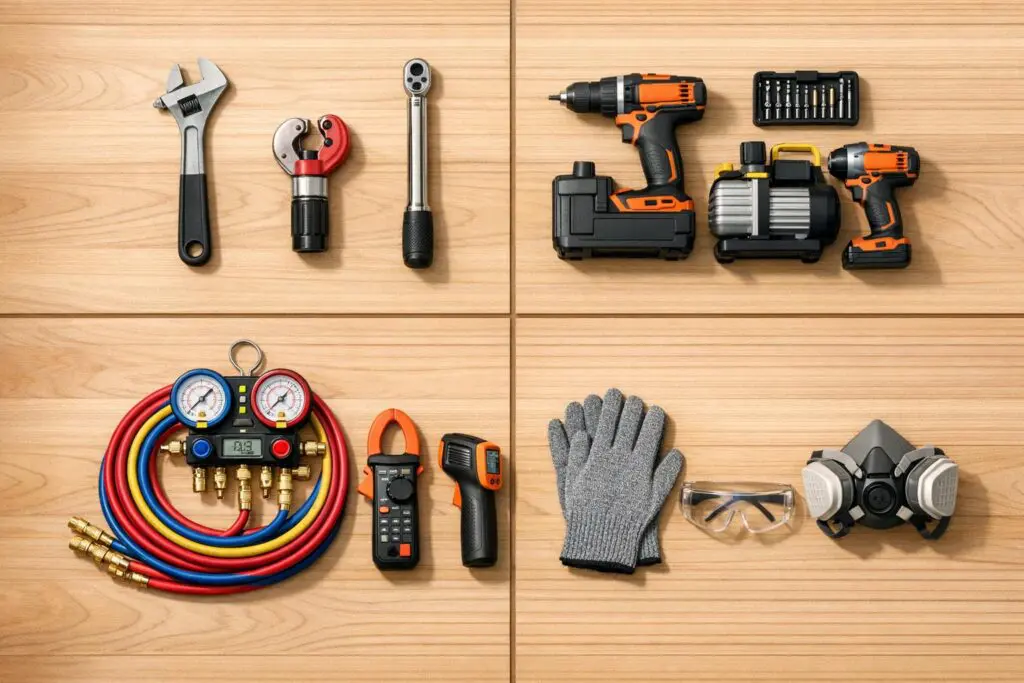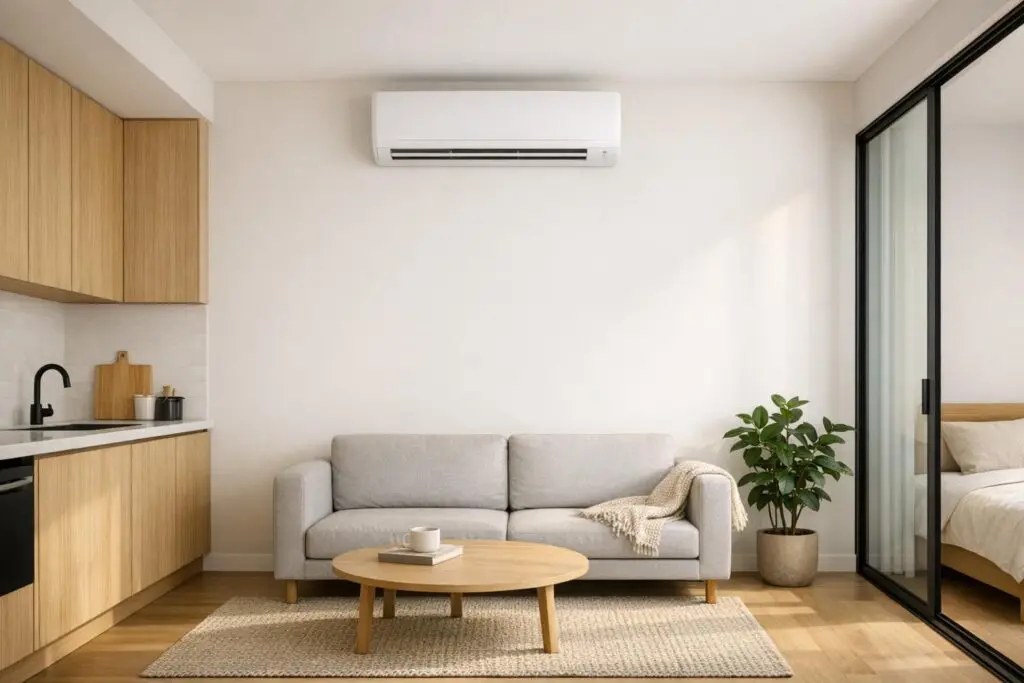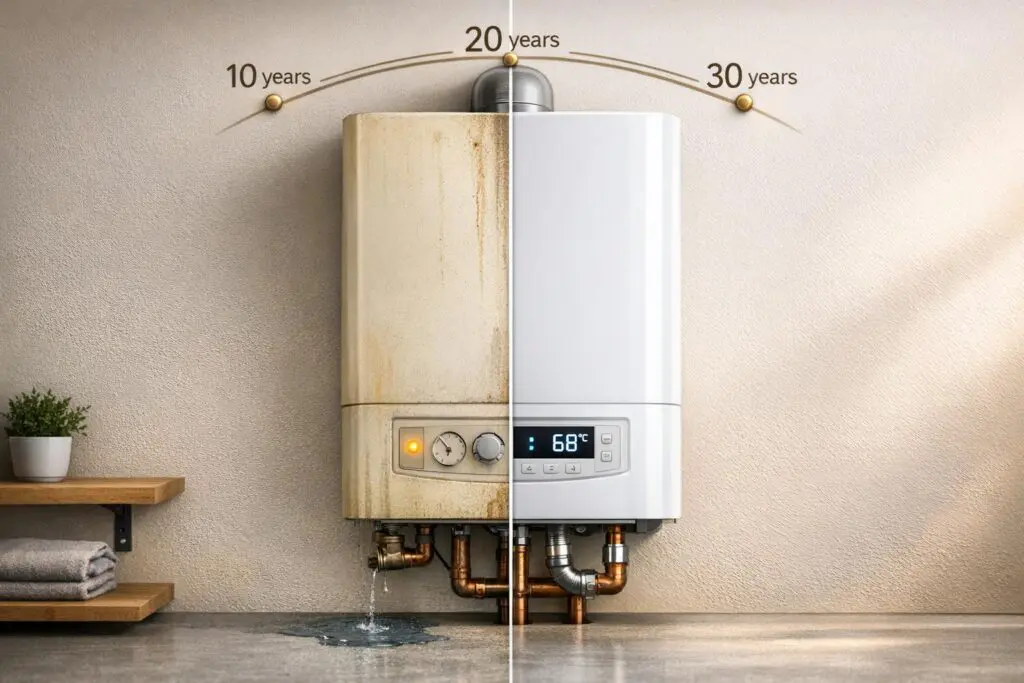Finding the Right Cooling Capacity for Your Space
When it comes to keeping your home comfortable, sizing your air conditioning or heating system correctly is everything. A unit that’s too small struggles to maintain the right temperature, while an oversized one wastes energy and drives up bills. That’s where a tool to determine the ideal energy output for your room becomes a game-changer. By factoring in dimensions, usage, and even how well your space retains temperature, you can zero in on a solution that fits just right.
Why Sizing Matters for Comfort and Efficiency
Every space is unique. A sunny kitchen with lots of appliances generates more heat than a shaded bedroom, and drafty walls can sap efficiency fast. Using a method to estimate the necessary thermal units ensures you’re not left guessing. It’s not just about raw square footage—height, purpose, and build quality all play a role. With a quick calculation, you can avoid the pitfalls of under- or over-sizing and pick a system that balances comfort with cost. Whether you’re upgrading an old unit or setting up a new space, taking a moment to assess your needs pays off in the long run with better performance and lower energy use.
FAQs
What is a BTU, and why does it matter for my room?
BTU stands for British Thermal Unit, and it’s a measure of how much energy an air conditioner or heater can add or remove from a space. If your unit’s BTU rating is too low, it won’t cool or heat your room effectively—you’ll be left sweating or shivering. Too high, and you’re wasting energy and money on a system that cycles on and off too often. Our calculator helps you find that sweet spot based on your room’s size and unique factors.
How does room type affect the BTU calculation?
Different rooms have different heat loads. A kitchen, for instance, generates extra heat from appliances like ovens and fridges, so it often needs a higher BTU rating than a bedroom of the same size. Living rooms might fall somewhere in between, depending on occupancy and sunlight. Our tool accounts for these differences by adjusting the base calculation to match the typical demands of each space.
Why does insulation level change the BTU recommendation?
Insulation impacts how much heat escapes or enters your room. If your walls or windows have poor insulation, you’ll lose more cooled or heated air, meaning your system has to work harder—often needing 10-15% more BTUs to keep up. Good insulation, on the other hand, helps retain temperature, so you might get away with a smaller unit. We factor this into our results to give you a realistic range.












